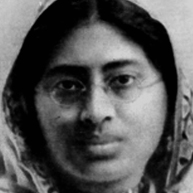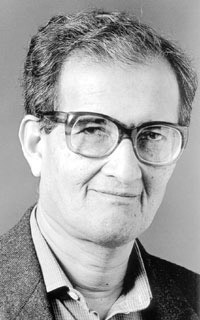This article has multiple issues. Please help improve it or discuss these issues on the talk page . (Learn how and when to remove these messages)
|
Bengali Brahmos are those who adhere to Brahmoism, the philosophy of Brahmo Samaj which was founded by Raja Rammohan Roy. A recent publication describes the disproportionate influence of Brahmos on India's development post-19th century as unparalleled in recent times. [1]
Contents
- Distinction between Brahmo and Brahmo Samajist
- People associated with Brahmo Samaj
- Ayathan
- Banerjee
- Chakrabarty
- Chattopadhayay
- Bose
- Das
- Dey
- Dutta
- Ganguly
- Goswami
- Gupta
- Mahalanobis
- Mitra
- Moitra
- Mukherjee
- Nag Chaudhuri
- Pal
- Pal Chowdhury
- Ray/Roy
- Sanyal
- Sarkar
- Sen
- Sinha
- Tagore
- Others
- See also
- References
- External links









